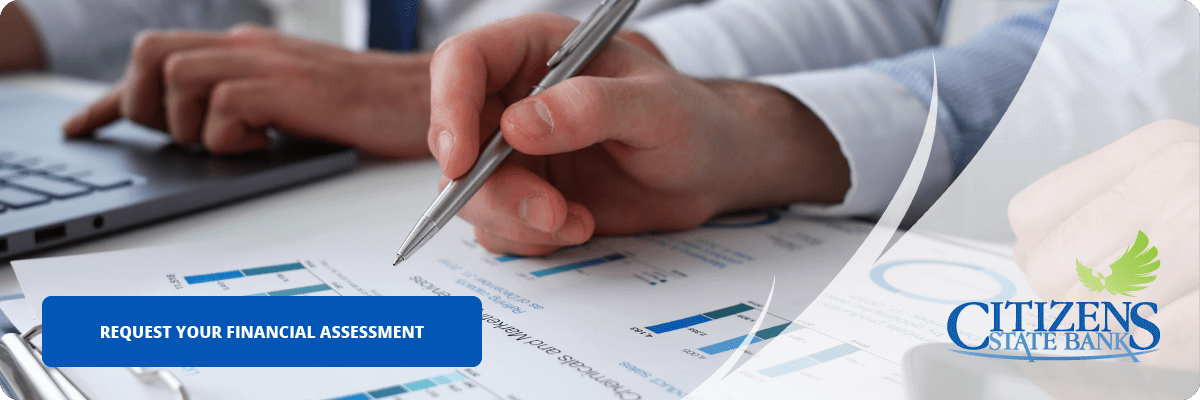Though there are several types of Small Business Administration (SBA) loan programs, the 7(a) is the most common way the SBA supports small businesses. They’re ideal options for business financing due to their long repayment terms and low interest rates.
Standard 7(a) loans offer up to $5 million in financing and can be used for a wide range of purposes, including:
- Long- and short-term working capital
- The purchase of equipment, machinery, furniture, fixtures, supplies, or materials
- The purchase of real estate, including land and buildings
- Construction of a new building or renovation of an existing building
- Establishing a new business or assisting in the acquisition, operation or expansion of an existing business
- Refinancing existing business debt, under certain conditions
What businesses are eligible for 7(a) loan assistance? For the most part, companies must:
- Operate for profit
- Be a “small business” as defined by the SBA
- Be engaged in – or propose to do business in – the United States or its possessions
- Have reasonable invested equity in the business
- Use alternative financial resources, including personal assets, before seeking financial assistance from the SBA
- Be able to demonstrate the need for a loan
- Use the funds for a sound business purpose
- Not be delinquent on any existing debt obligation to the federal government
To the SBA, a "small business" is generally an independently owned for-profit enterprise that employs no more than 500 people. There are exceptions for what constitutes a "small business" in specific industries.
Some businesses may not qualify for a 7(a) loan, including:
- Those engaged in activities that are illegal in the jurisdiction where the business is located
- Multi-sales distribution (pyramid sales plans)
- Gambling activities
- Real estate investment firms and firms involved in speculative activities
- Firms involved in lending activities, like banks, finance/leasing/insurance companies
- Rare coin and stamp dealers
- Churches and organizations promoting religious objectives
- Charitable, religious, or other non-profit institutions
- Government-owned corporations
- Consumer and marketing cooperatives
- Has an owner who is on parole
When you’re ready to apply for a 7(a) loan, you’ll need to gather the appropriate documents. Your lender will let you know more specifically what’s needed, but according to the SBA, these documents are usually required for 7(a) loans:
- Your SBA loan application form (Form 1919)
- A personal financial statement and personal background statement
- Business financial statements, such as current profit and loss statements and a one-year financial projection statement
- A list of any business ownerships and affiliations connected to you
- Your business certificate or license
- Your loan application history
- Personal and business tax returns for the past three years
- Personal resumes for each principal of the business
- An overview and history of your business
- A copy of your business lease
If you are buying an existing business, gather the following information:
- Current balance sheet and profit and loss statement
- Federal income tax returns for the previous three years
- Proposed bill of sale including the terms of sale
- Asking price with schedule of inventory, machinery and equipment, and furniture and fixtures
- Franchise, jobber, or licensing agreements
- Proof of equity injection
You may be required to submit more SBA forms based on the specific use of proceeds or fees paid on a loans package or to a broker or agent.
While loan repayment terms can vary:
- Most 7(a) term loans are repaid with monthly payments of principal and interest
- Payments stay the same for fixed-rate loans because the interest rate is constant
- For variable rate loans, the lender can require a different payment amount when the interest rate changes
Have any questions?
While this is a general overview of the SBA 7(a) loan program, you might still have questions or concerns. If so, schedule a conversation with a Relationship Manager. They can help you with a no strings attached assessment of where you are and if a 7(a) loan would be good for you.

The views, information, or opinions expressed in this article are solely those of the author and do not necessarily represent the views of Citizens State Bank and its affiliates, and Citizens State Bank is not responsible for and does not verify the accuracy of any information contained in this article or items hyperlinked within. This is for informational purposes and is no way intended to provide legal advice.
